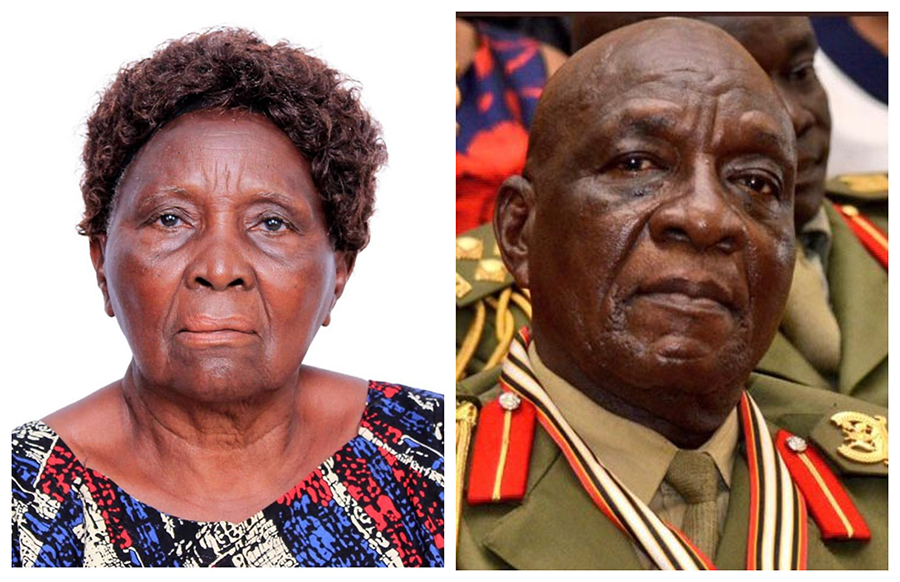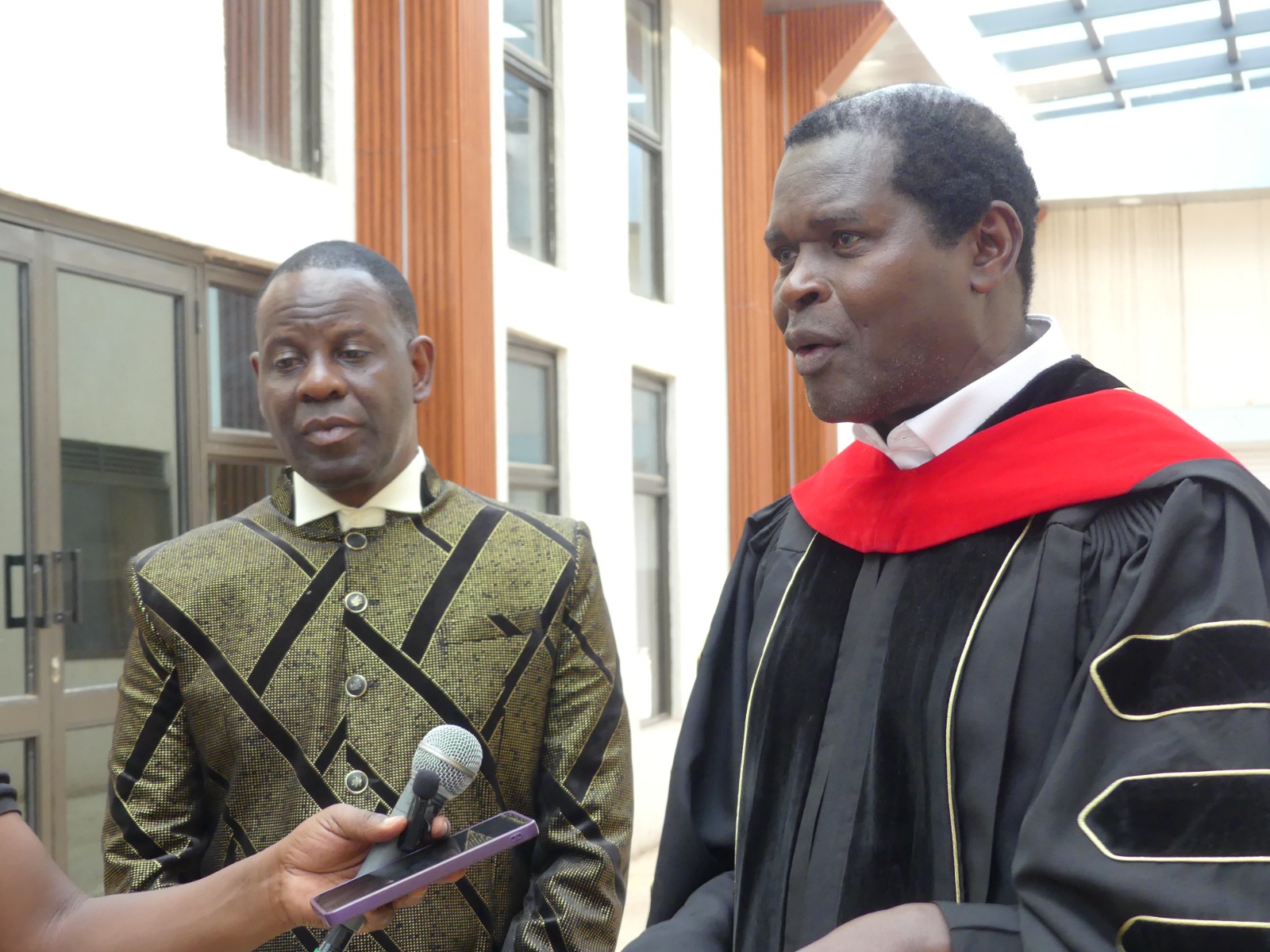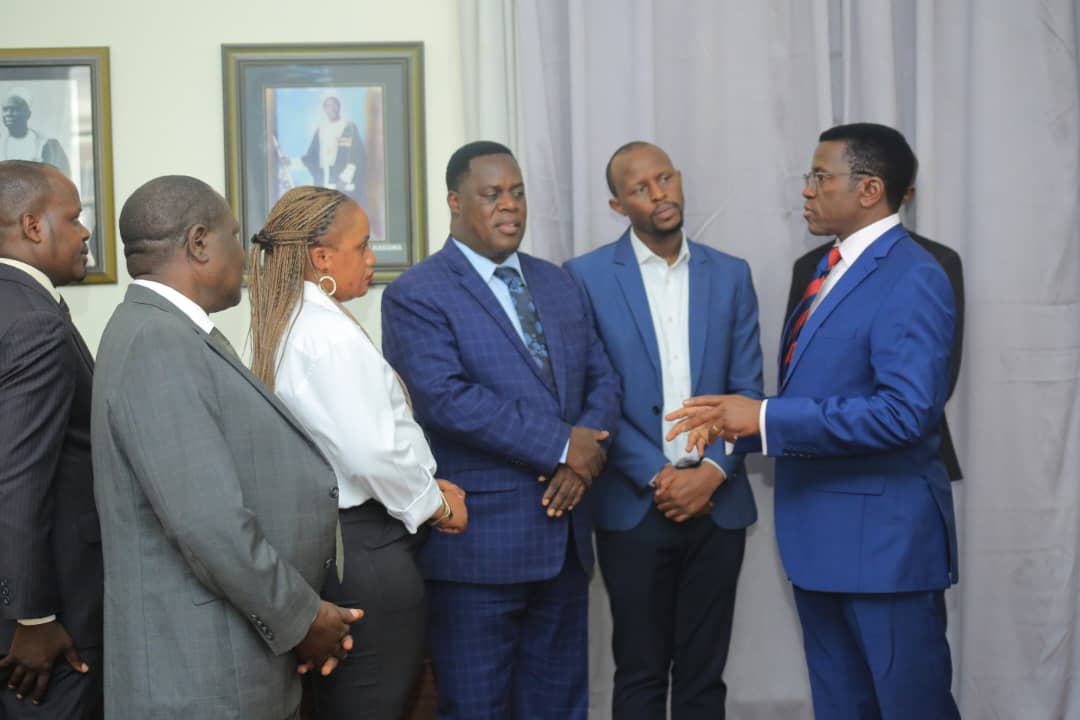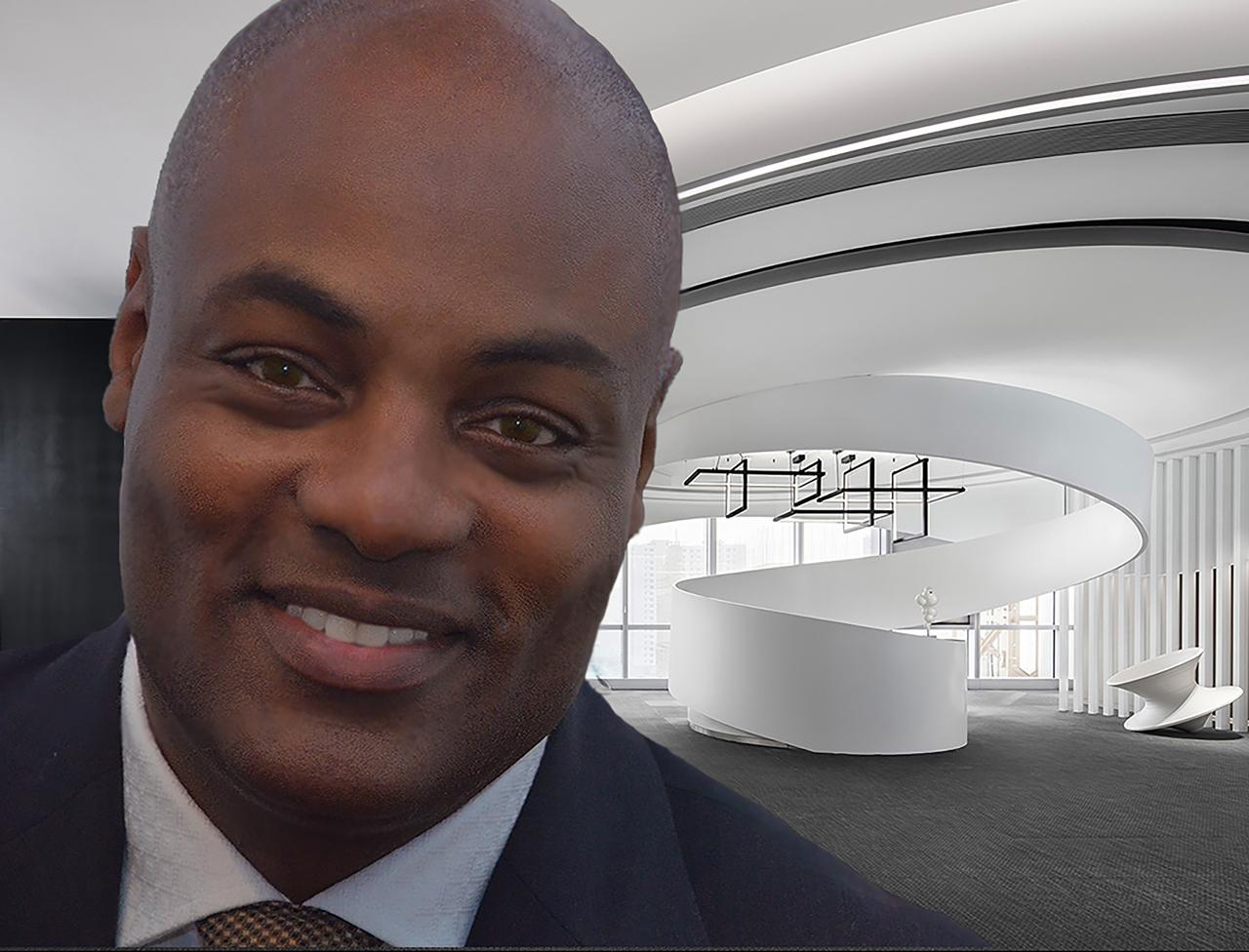Brigadier Jacob Musajjawaza, a retired military officer, finds himself embroiled in yet another legal storm following a lawsuit filed against him in June 2024 by a widow over two prime acres of land in Kawuku, Bbunga, Makindye Division.
Reports have surfaced that Musajjawaza and his siblings have applied for letters of administration over the same property, reigniting tensions surrounding the estate.
The land in question, originally registered under the late Ssebadduka Kyakonye Mukasa (SKM), was documented in a certificate of title as Kyadondo Block 248 Plot 275.
This certificate was allegedly canceled by the Commissioner of Land Registration, who issued a special certificate of title in its place. It remains unclear whether the original title was lost, but concerns have emerged that the new title may have been registered in the names of one or more members of Musajjawaza’s group.
According to Mary Nakirayi, the widow of Mukasa, the disputed land was gifted to her late husband by his father, Yokana Makumbi Musoke (YMM), who passed away on April 26, 1986.
Nakirayi claims that on December 2, 2023, Mukasa secured a certificate of title in his name via instrument number KCCA 121655, with the land carved out from Musoke’s estate, registered as Kyadondo Block 248 Plot 21.
Nakirayi’s legal team from Lukwago and Company Advocates argues that Musajjawaza’s group, under the guise of seeking to administer their late father’s estate, is covertly targeting her late husband’s land for their own purposes. The cancellation of Musoke’s certificate of title and the issuance of a controversial special certificate have only deepened the dispute.
Notably, before his death, Musoke appointed his widow, Meyi Nambalirwa, and others as administrators of his estate. These administrators obtained letters of administration and distributed the estate according to Musoke’s last will.
Despite this, Musajjawaza’s group has applied for a second set of letters of administration, seemingly to redistribute the same estate, including Mukasa’s land, which Nakirayi’s lawyers warn could harm the interests of Mukasa’s beneficiaries, including the widow herself.
Musajjawaza and his siblings, including Margret, Nabangya, and others named in Nakirayi’s caveat application tied to Civil Suit Number 33 of 2024, insist that the Kawuku land forms part of their late father Musoke’s estate. Their claims suggest that Mukasa somehow unlawfully acquired and registered the land, a narrative Nakirayi vehemently disputes.
She asserts that prior to Mukasa’s death, none of his siblings contested his ownership, and they enjoyed uninterrupted use of the property. Mukasa had even permitted his sibling, Rosira Nantume, to reside on and use the land, though she has now aligned with Musajjawaza’s group to challenge Nakirayi’s claims.
Nakirayi further emphasizes that Musoke’s will clearly outlined the distribution of his estate, specifying who received what and why some were excluded. To date, no surviving heirs have contested the will, which Nakirayi argues remains valid and uncontested.
As this complex legal saga unfolds, Nakirayi’s legal team, led by Kampala Lord Mayor Erias Lukwago, warns that granting Musajjawaza’s group the letters of administration could lead to actions detrimental to Mukasa’s widow and other beneficiaries.
The courts will now determine the fate of this multi-billion-shilling land dispute.








Brigadier Jacob Musajjawaza and Nabbanjja Muyomba committed fraud to obtain letters of administration so that they take land given to their late brother the heir Seddu Mukasa